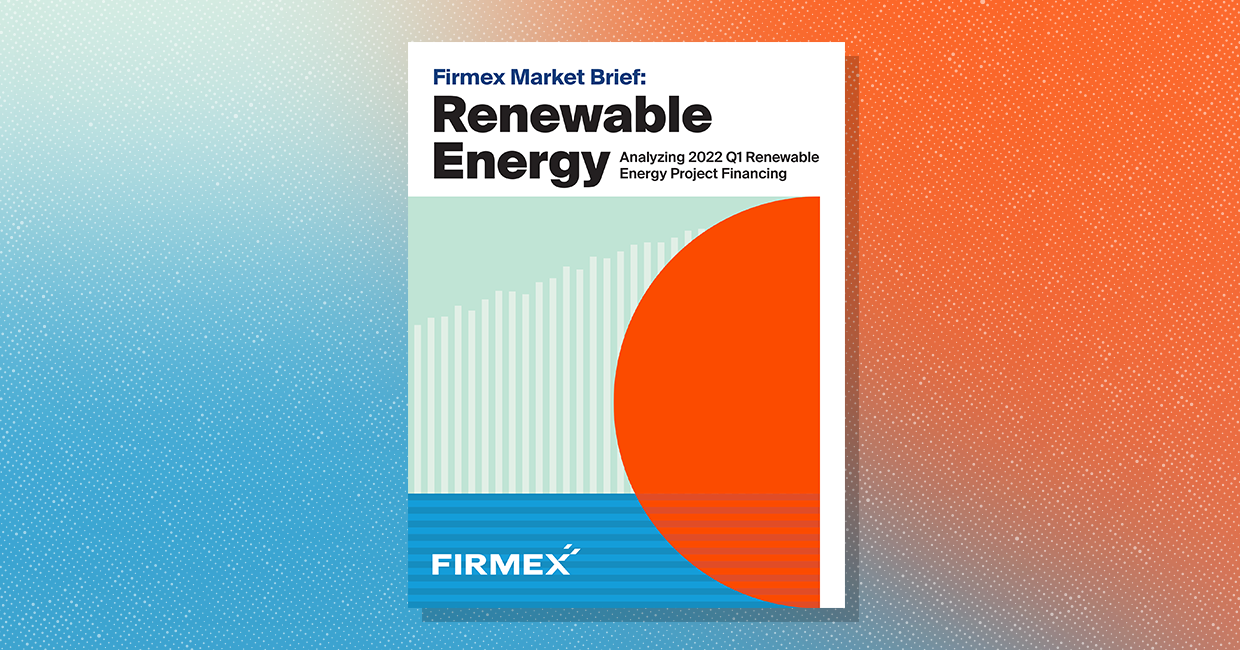At the end of each year, Goldman Sachs compiles their favorite charts from their Thematic Research team and publishes them. These charts often capture interesting trends outside the more conventional research trends, covering topics that range from caloric consumption by gender to top YouTube channel earnings. This year, their chart about VC investment seemed particularly poignant.
The general message to take away from this chart is that US VC investment towers over the rest of the world. Albeit, this chart is slightly misleading, as it is in absolute terms, rather than taking into consideration the relative size of the economies in question – one would hardly expect a country the size of Canada, for example, to have the same dollar value of VC investment as the US. But using data from the IMF, we can see the projected level of VC investment accounting for relative economic heft.
Here, we can see just how much these countries miss the mark when it comes to VC investment. Russia is the worst offender here, at a mere 4.6% of potential, while Germany is the worst European country shown, requiring VC spending to increase nearly 12.5x to reach a comparable level of VC investment as the US. In fact, every country investigated is underperforming on VC investment with the exception of Israel. This small Middle Eastern nation, with a population less than that of New York City, actually has a VC investment level of over 135% that of the US on a relative basis. In this light, it is no shock that this country is known for its disruptive startups, nor that it tends to punch far above its weight in terms of technological prowess and ventures.
Israel, however, has been on the road of innovation for quite some time now – the government’s Yozma program for local VC investment began back in 1993. The military service required by each citizen serves as a de facto training ground, if not outright incubator, for many of its budding entrepreneurs. Technologically savvy recruits are put into research-intensive units of the Israeli military and are encouraged to make regular advances in various technologies, ranging from cyber security to electronic warfare to communications technology. Israel’s success in fostering innovation has earned it the nickname “the startup nation,” a goal many countries have sought to achieve themselves.
Canada, the UK, France, and many others have all made pledges in the past to make innovation and technology investment a priority, however, as we can see in Figure 3, not everyone has made progress in this regard. In fact, the only country that has increased its VC spending at a rate to move it closer to its potential since 2012 has been Russia – though, this is likely to reverse course once the Russian recession feeds into the available data.This is not to say that these regions are start-up dead zones. On the contrary, each of the countries listed has vibrant start-up communities, even without the massive amounts of venture capital funding available in the United States, and in today’s increasingly inter-connected world, getting funding from international sources has never been easier.
Still, these charts make clear that many of these regions have considerable ground to cover if they are truly committed to making themselves into hubs of innovation and entrepreneurship akin to the US and the Silicon Valley, lest their governments come under fire for merely paying the idea lip service for the sake of political soundbites. With the global commodity rout having taken the wind out of many countries’ sails after such a strong boom period, the needs for encouraging economic and industrial diversification are plain to see. Those entrepreneurs among us who are willing to take the risk serve to benefit greatly from this lesson as the push for investment in innovative solutions to global woes grows stronger.






